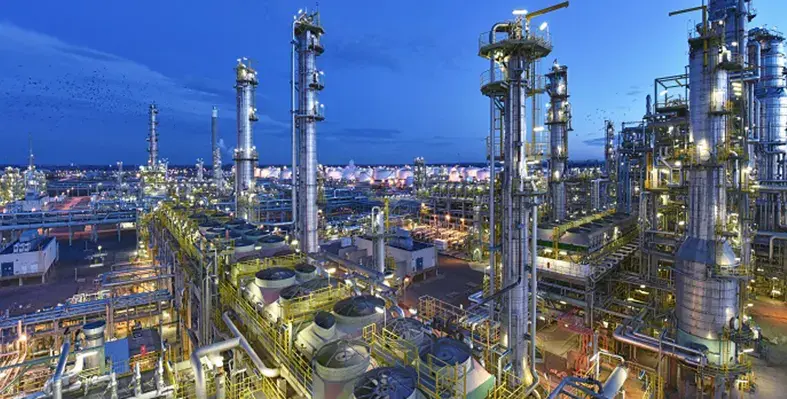SABEQ’s managing director, Sreenivasa Shenoy, discusses how decarbonisation, advanced materials, and data-driven engineering are redefining performance expectations across the energy value chain
Oil Review Middle East (ORME): Decarbonisation and lifecycle performance are central to today’s energy transition. How is this influencing the selection and qualification of project materials?
Sreenivasa Shenoy (SS): The global drive toward decarbonisation is accelerating the demand for materials that extend service life, minimise fugitive emissions, and reduce maintenance-related carbon impact. We are seeing increased specification of 3LPE, FBE, and PTFE coating systems for pipelines and process lines, alongside a shift toward forged components that deliver higher mechanical strength and dimensional integrity. The focus is no longer only on corrosion resistance — but on overall system reliability and total cost of ownership. This evolution aligns material selection with ESG and operational efficiency goals.
ORME: With digitalisation and AI integration advancing, how do you see these technologies transforming material engineering and procurement practices?
SS: AI and digital twins are already influencing material verification and design optimisation. Predictive analytics can assess coating degradation rates, weld performance, or corrosion under insulation based on real data from field operations. This enables more accurate material selection and lifecycle planning. On the supply side, digital traceability and automated document validation are enhancing compliance with international standards. For suppliers like SABEQ, the ability to provide structured documentation, MTC validation, and integrated QA/QC data will be critical to align with the industry’s digital transformation.
ORME: Where do you see the strongest material demand in the coming project cycles?
SS: Natural gas and downstream industrial projects remain major growth areas. As gas is recognised as a lower-carbon transition fuel, there is continued demand for high-performance piping, valves, and forged fittings suitable for cryogenic and high-pressure applications. We are also observing greater adoption of duplex and nickel alloys in critical service conditions, where temperature and corrosion challenges require advanced metallurgy. In parallel, the need for certified coating solutions and field-applied rehabilitation systems continues to expand.
ORME: What differentiates SABEQ in the current project materials landscape?
SS: Our strength lies in combining technical expertise with process discipline. We engage early in the specification stage, ensuring materials meet project-specific mechanical and corrosion requirements. SABEQ’s integrated approach — from coating qualification and third-party inspection to traceable documentation — helps EPCs and end users mitigate risk. We focus on engineering-led supply, where every product delivered supports design integrity, operational safety, and audit compliance.







